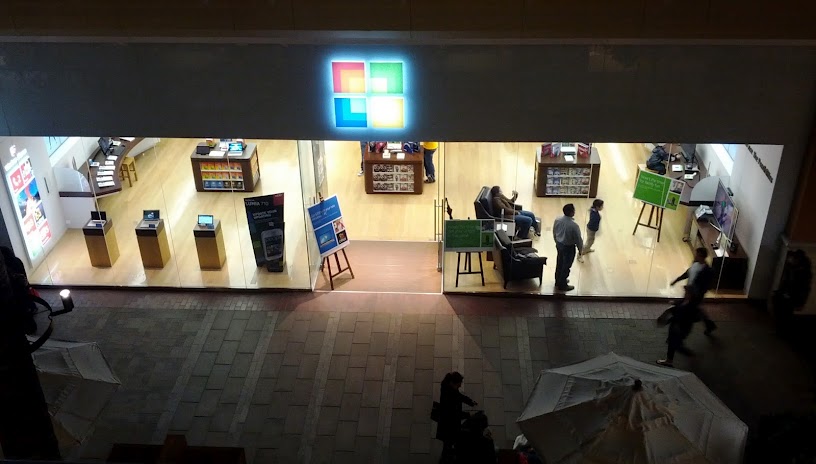
Microsoft Store is EVERYWHERE
There is no appropriate way to express how aggressive will be Microsoft's retail blitz to support the launches of Surface, Windows 8 and Windows RT (on October 26) and Windows Phone 8 (on October 29). In 18 days, the software giant will have retail shops open in 27 states and three Canadian provinces. Many of the locations will be what Microsoft calls "holiday stores", which are more kiosks than shops but retail presence nevertheless. The company announced the pop-up shops about a month ago, but as important product launches approach the sudden retail blitz takes on looming significance.
The stores' importance cannot be understated, and their value is much bigger than selling new products. The shops will create big brand presence during the holidays and give many shoppers reasons to buy something with a Microsoft logo rather than the bitten fruit. (Say, if there's a bite out of the Apple, shouldn't that make it forbidden fruit in the classical biblical/literature sense or used goods from a purely commerce perspective. I certainly wouldn't pick a bitten apple from the grocery store. Funny that Apple's partially eaten logo doesn't put off more people.)
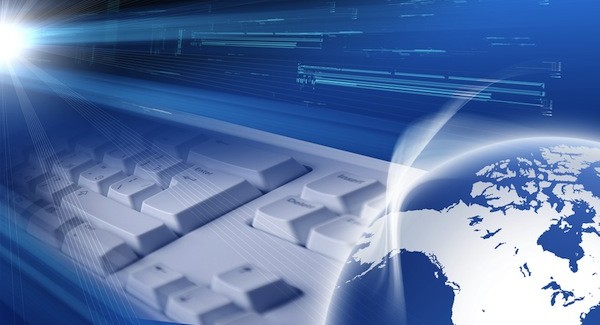
Smart ways of using DNS data [Q&A]
Nominum is the world’s leading provider of integrated subscriber, network and security solutions for network operators and its software currently processes over one trillion Domain Name System (DNS) queries per day from hundreds of network operators worldwide; a number that far exceeds the combined 6.5 billion searches, likes and tweets served by Google, Facebook and Twitter each day.
Its new N2 Platform and Nominum IDEAL ecosystem gathers and anonymizes this data, allowing application providers’ seamless access to it. I spoke to Nominum’s CEO, Gary Messiana, to find out more about how it works and what it means for network operators and consumers.
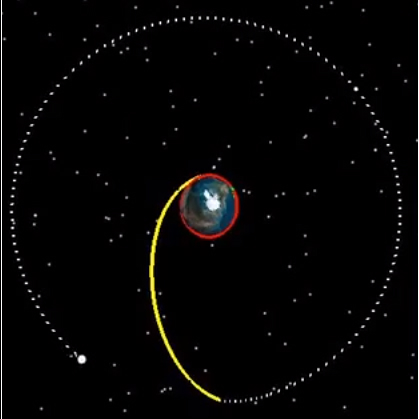
Steve Jobs wouldn't back my private mission to the moon
Today marks a year since the death of Steve Jobs -- a year that has changed my life in many ways with at least two of those ways yet to be announced. The anniversary seems to be an excuse for anyone with a byline who knew or even bumped into Jobs to throw out a reminiscence or two, and I’m not immune to that disease. So here’s the story of when I tried to get Jobs and Apple to back my Moon Shot.
I’ve been trying since 2007 to mount a private unmanned mission to the Moon, though five years in it feels sometimes like I could have walked there by now. It turns out that the greatest challenge to reaching the moon isn’t technical but financial. Even though my Moon project is by far the cheapest one around, the trick is to raise money at a faster rate than the budget expansion that inevitably happens as you face realities along the way.
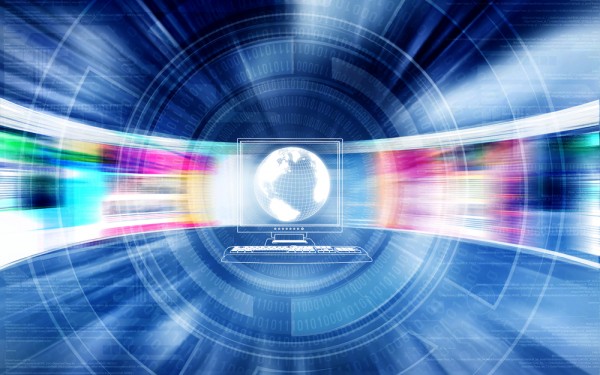
It's time to stop bufferbloat
This is my promised update on bufferbloat, the problem I write about occasionally involving networks and applications that try to improve the flow of streaming data, especially video data, over the Internet but actually do the opposite, defeating TCP/IP’s own flow control code that would do the job much better if only it were allowed to. I first mentioned bufferbloat in January 2011 and it is still with us but the prognosis is improving, though it will probably take years to be fully resolved.
If you read my last column on LagBuster, you know it’s a hardware-based workaround for some aspects of bufferbloat aimed especially at gamers. LagBuster is a coping strategy for one type of bufferbloat that afflicts a population of people who aren’t willing to wait for a systemic cure. LagBuster works for gamers and might be a workaround for other kinds of low-latency data, but that’s still to be determined.
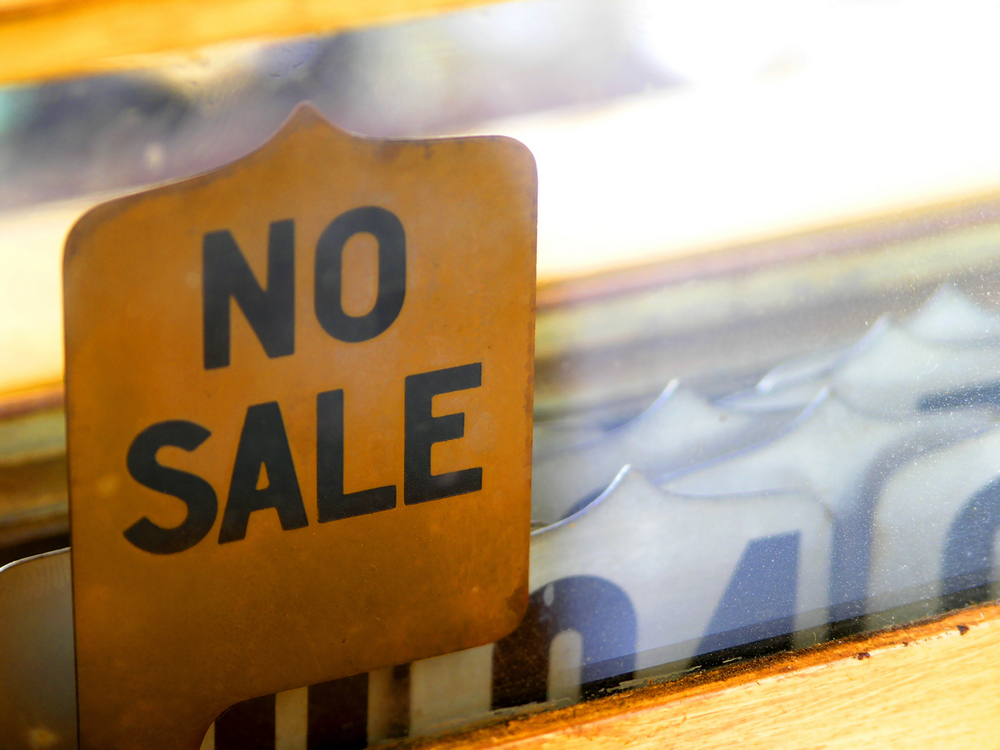
Apple Maps disaster hurts iPhone 5 sales
Early results to BetaNews poll "Will iOS 6 maps keep you from buying iPhone 5?" are grim. Nearly 44 percent of respondents answer "yes", but when removing those who wouldn't buy the handset anyway, the result is much worse for Apple. Is it time to ask whether the Apple Maps offense should be a fireable offense? That one is for you in comments.
As I write, there are 1,238 responses, 43.62 percent of which are "yes". Only 29.64 percent of respondents won't change their purchasing plans because of Apple Maps. However, 22.13 percent wouldn't buy iPhone 5 anyway. When removing these respondents from the results and only looking at the pool of potential purchasers, the number saying they won't buy iPhone 5 because of iOS 6 maps is 56 percent.
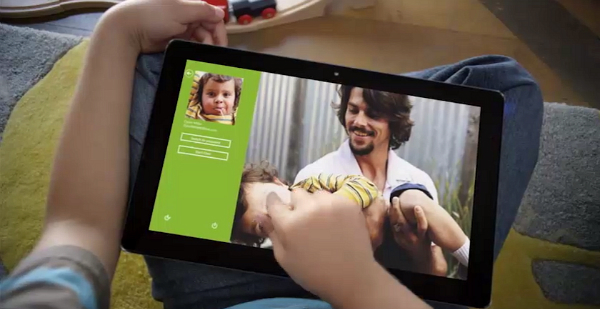
Windows 8 is not about desktop market share
Windows 8 won't be as successful as its predecessor Windows 7, if pre-launch market share is an indicator of how well an operating system performs during its lifetime. Gregg Keizer's comparison of pre-launch adoption rates of Windows 7 and Windows 8 shows the latter is only one-fifth of its predecessor. Windows 7's market share was 1.6 percent of the overall market one month before launch, while Windows 8's market share at the same time is only 0.3 percent.
Is that an indicator that Windows 8 will become the new Vista or merely caused by different pre-launch conditions? Windows 7's predecessor is Windows Vista, an unsuccessful operating system if you look at its market penetration. Windows 8, on the other hand, follows on the much acclaimed Windows 7 operating system, which many users flocked to when it became clear that Microsoft did everything right that time.
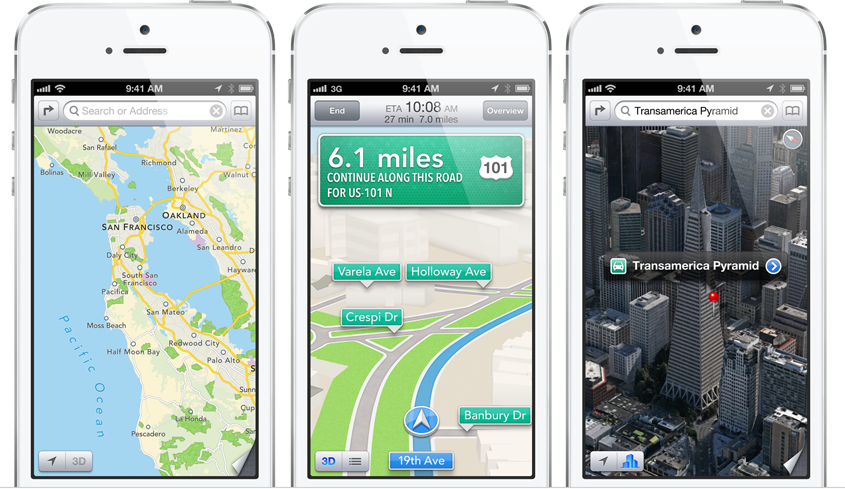
Will Apple Maps keep you from buying iPhone 5?
It's the question I should have asked nearly two weeks ago, instead of or perhaps in addition to "Will Apple Maps keep you from upgrading to iOS 6?" Surely the Cupertino, Calif.-based company must worry about such circumstance. On Friday, I asserted this concern as top reason CEO Tim Cook apologized for so-called "mapgate".
Apple has a real problem. The new maps app, which replaces the one Google provided for five years, misidentifies locations, gives wrong directions and lacks details. Considering just how popular mapping and local search are to smartphone users, the bad publicity is sure to keep somebody from buying iPhone 5. That Cook's remedy is telling iOS 6 customers to use another mapping program spotlights just how bad is the situation and how great the concern bad publicity will hurt device sales.

Why would Microsoft limit the Windows Phone 8 Preview Program SDK?
Microsoft's plan to only let a few key developers into the Windows Phone 8 Preview Program SDK, understandably upsets many developers. For a plaform with only about 3 percent market share, Microsoft needs all the supporters it can get, or so the presumption goes.
Why lock out most of the people needed to develop apps that take advantage of your new platform? I think there could be two possible answers: (1) a new marketplace strategy based on the quality of apps, and (2) major unannounced features.

Cloud's a highway, but I hit some speed bumps on the post-PC road
Call me a pioneer. Those who have followed my contributions of late will have noted that I'm somewhat of a post-PC fanatic. I've taken it upon myself to blaze a trail into an IT future that features virtually no Microsoft or Intel technologies. Along the way, I've managed to stitch together a fairly functional post-PC solution. However, my journey has not always been a smooth one, and I will forever carry the scars of slings and arrows gone by.
For example, as I write this I'm sitting in the nearly empty family room of the new waterfront condo my wife and I just bought near Manalapan, FL. And as is often the case with a new property, I have yet to set-up any sort of Internet access -- nor do I plan to do so since we'll only be staying in the property for a few days before returning to Mauritius.

Sorry, Tim Cook, apology not accepted
Apple's CEO is "extremely sorry" about the "frustration" the company's homegrown maps app "has caused our customers". Sorry isn't good enough because it's directed at the wrong place. Apple replaced Google Maps in the newest version of iOS on September 19, and even Cook admits "we fell short on this commitment" to "make world-class products that deliver the best experience possible to our customers". Simply stated: Apple Maps app sucks, but he apologizes about the wrong thing.
Cook's letter of apology should go further and get to the root problem: Why Apple ditched Google Maps in the first place. Before his death, Steve Jobs told his biographer that Google's Android essentially is a stolen product, a copycat: "I'm willing to go thermonuclear war on this". Apple bombs Android competitors with patent lawsuits, risking fallout in the form of legal precedents that could hurt all tech companies. Apple's dumping Google Maps, and also YouTube, from iOS are warfare tactics -- and bigger than copying concerns when looking at local search as future ad revenue opportunity. Apple customers are collateral damage from nuclear fallout that is the new mapping app.

LinkedIn identifies the top-10 endangered office tools and trends
The office workplace is continually evolving. New technologies and trends -- like cloud computing and BYOD schemes -- are becoming more and more popular, but not every firm is willing to embrace the future, and many are stuck firmly in the past.
LinkedIn, the world’s largest social network for professionals, surveyed more than 7,000 members across the globe and asked them which of the current office tools and trends they expect to be extinct in five years’ time, combining the answers to produce the following top 10:
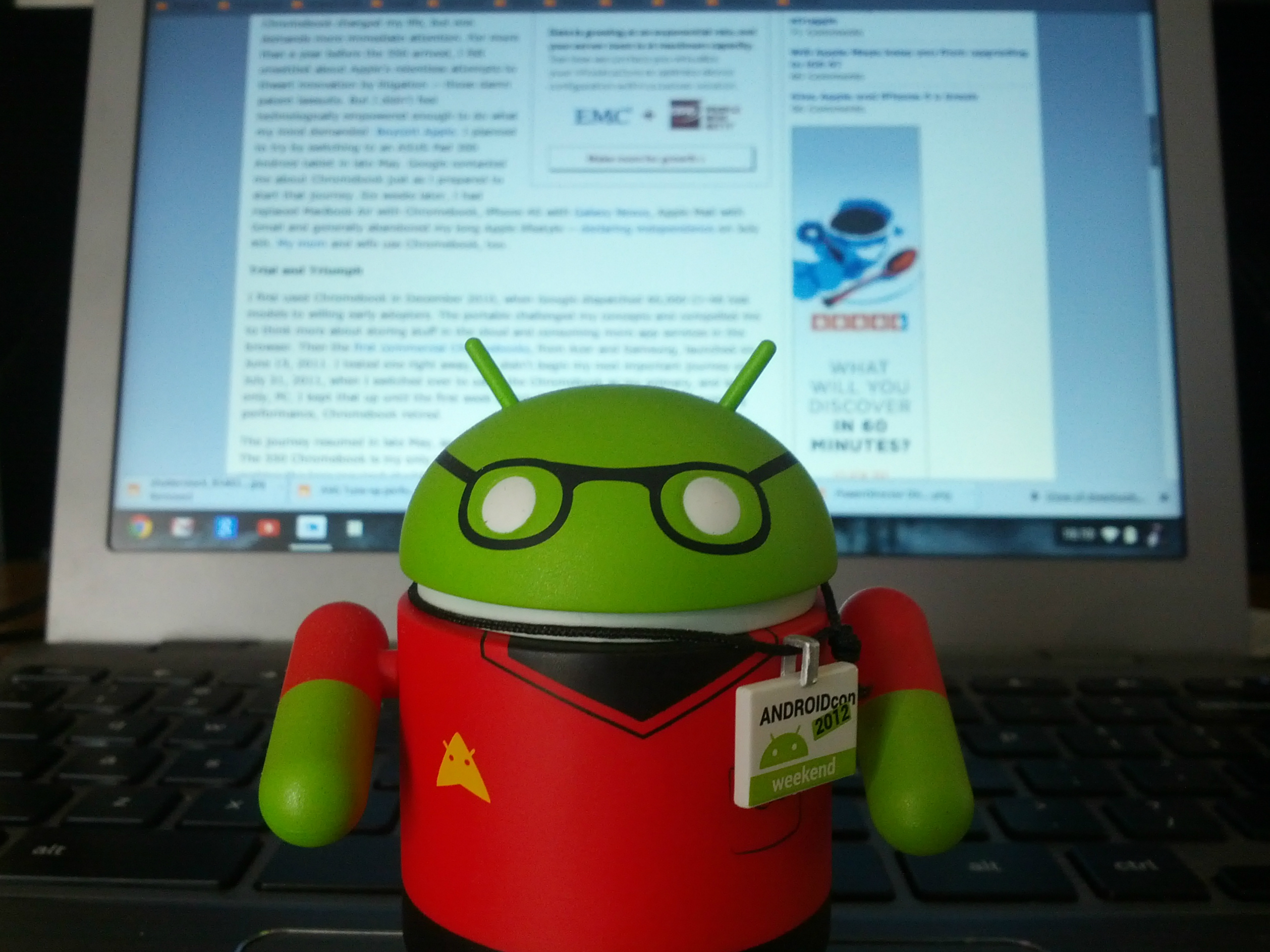
Chromebook changed my life
Four months ago, I put aside (and later sold) MacBook Air for the Samsung Series 5 550 second-generation Chromebook and never looked back. They say three times is a charm, and that proves true with my third foray using a laptop running Chrome OS. The first two proved life-changing, as I adopted a partial cloud computing lifestyle. Now I live a vigorous, charmed cloud life, which includes Android embrace.
Chromebook isn't easy, because it demands a thinking reset. I had to put aside concepts about everyday computing, fear of losing Internet connection and perceptions about hardware configurations and what's good enough performance value. Something else: When I started this journey, in December 2010, Chrome OS wasn't good enough, because there weren't enough supporting cloud apps. That has changed dramatically, because of Chrome Web Store and how much desktop-like utility Google now brings to cloud services like G+ or YouTube.
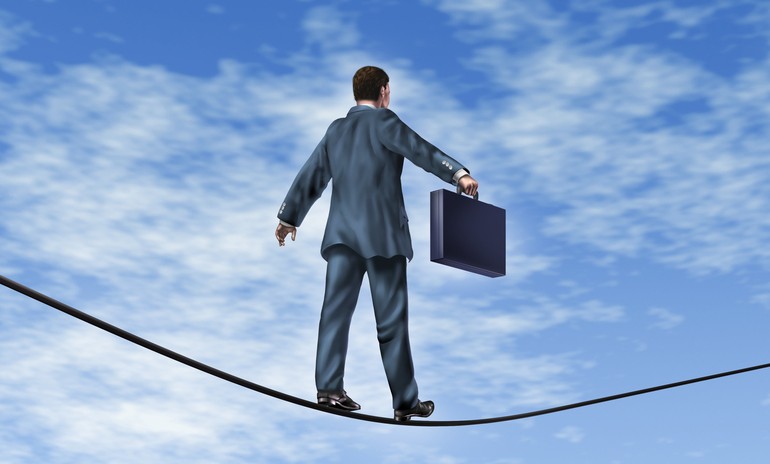
10 issues that erode cloud confidence
Cloud computing is finally beginning to mature to the point where it’s an attractive proposition for an increasing number of enterprises and small businesses, but even so many firms are still very hesitant to make the move online.
A new study jointly undertaken in the second quarter of 2012 by the Cloud Security Alliance (CSA) and ISACA identifies 10 key concerns perceived to limit acceptance and reduce the benefits of cloud computing. The Cloud Market Maturity study, which can be read in full here, surveyed more than 250 cloud users, providers, consultants and integrators from nearly 50 countries, and highlightes the following points as being the areas where confidence is weakest:
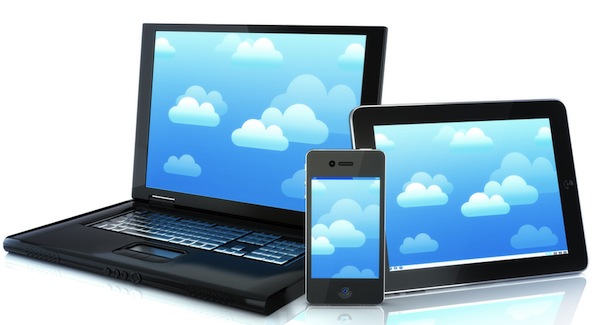
PC is no longer personal computer
Do you own a Windows laptop, iPad and Android smartphone? Welcome to the post-PC era, which transition IDC describes as "profound". During second quarter, smartphones and tablets commanded 69 percent of smart device shipment share, dwarfing PCs.
"Recent shipment data clearly demonstrates that we have fully entered into the multi-device era, where individuals are buying and using multiple devices per person, most often with different combinations of operating systems", Bob O'Donnell, IDC vice president, says. "The implications of this development on application developers, device makers, Web service providers, businesses and even individuals is profound".

It’s not you, soldier, it’s the lag
If you are a serious gamer you need LagBuster.
Lag is mainly upstream (you to the game server), while bufferbloat is mainly downstream (video server to you). Bufferbloat is caused by large memory buffers in devices like routers and in applications like media players messing with the native flow control in TCP/IP. We add buffers thinking it helps but instead it hurts. Something similar happens with lag but it tends to happen at the point where your 100 or 1000 megabit-per-second local area network meets your 3-25 megabit-per-second DSL or cable Internet connection. Lag is caused by congestion at that intersection. You can tell you have lag when you can’t seem to be able to aim or shoot fast enough in your shooter game. It’s not you, soldier, it’s the lag.
